Breathing clean air in your home is essential for your health and well-being. In Dallas, where both heat and allergens can be high, maintaining good indoor air quality is particularly important. Poor air quality can cause a range of health issues, from allergies to more serious respiratory problems.
Improving the air you breathe doesn’t have to be complicated or costly. By understanding the factors that affect indoor air quality and implementing simple steps, you can create a healthier environment for your family. Clean air can make a significant difference in how comfortable and healthy you feel at home.
In this article, we’ll explore why indoor air quality matters, simple steps you can take to improve it, advanced solutions for better air quality, and how to maintain your HVAC system to ensure optimal performance. With the right actions, you can improve the air inside your home and enjoy a more comfortable and healthy living space.
Understanding the Importance of Indoor Air Quality
Indoor air quality is crucial for maintaining good health and overall comfort in your home. Poor air quality can have immediate effects like sneezing, coughing, and eye irritation. Long-term exposure to pollutants can lead to more serious health issues, such as asthma and other respiratory problems.
Dallas homes, in particular, face unique challenges due to the local climate. The combination of heat, humidity, and allergens like pollen can create a perfect storm for poor air quality. Ensuring that the air you breathe inside your home is clean can prevent these health issues and improve your quality of life.
Moreover, good indoor air quality can enhance your home’s overall environment. Clean air helps reduce odors, create a more relaxing atmosphere, and even improve sleep quality. By focusing on improving indoor air quality, you make your home a healthier and more pleasant place to live.
Simple Steps to Improve Indoor Air Quality
Improving indoor air quality doesn’t have to be complicated. Here are some simple steps you can take:
- Ventilation: Open windows when weather permits to allow fresh air to circulate. This helps to dilute indoor pollutants and bring in fresh air.
- Air Filters: Regularly replacing your HVAC filters is a simple but effective way to improve indoor air quality. Dirty filters can trap pollutants and reduce airflow.
- Houseplants: Adding plants like spider plants, snake plants, and peace lilies can help filter the air naturally. These plants can absorb pollutants and produce oxygen.
- Vacuum Regularly: Use a vacuum with a HEPA filter to clean carpets and rugs. This helps remove dust, pet dander, and other particles that can negatively affect indoor air quality.
- Control Humidity: Use dehumidifiers in damp areas of your home. High humidity levels can lead to mold growth, which can affect air quality and health.
- Avoid Smoking Indoors: Cigarette smoke contains many harmful chemicals that can linger in the air. Always smoke outside to keep indoor air clean.
By taking these simple steps, you can significantly improve the air quality in your Dallas home. Even small changes can make a big difference in how clean the air is that you and your family breathe every day.
Advanced Solutions for Better Air Quality
While simple steps can make a big difference, sometimes you need advanced solutions to achieve optimal air quality in your home. Here are some effective options:
- Air Purifiers: Investing in a high-quality air purifier can significantly reduce pollutants. Choose a model with a HEPA filter to capture small particles like dust, pollen, and pet dander. Some advanced purifiers also feature activated carbon filters to remove odors and volatile organic compounds (VOCs).
- Whole-House Ventilation Systems: These systems are designed to improve airflow throughout your home. They can exchange stale indoor air with fresh outdoor air, maintaining a consistent flow of clean air. This option is especially useful in tightly sealed homes where natural ventilation is limited.
- UV Germicidal Lights: Installing UV lights within your HVAC system can help kill bacteria, mold spores, and viruses. These lights can sanitize the air as it circulates through the system, providing an extra layer of protection against airborne pollutants.
- Advanced HVAC Filters: Upgrading your standard HVAC filter to a higher-grade filter can capture more pollutants. Look for filters with a higher MERV (Minimum Efficiency Reporting Value) rating for better filtration performance.
- Humidity Control Systems: Whole-house dehumidifiers and humidifiers can help maintain optimal humidity levels. Keeping humidity between 30% and 50% can prevent mold growth and reduce dust mites, both of which can affect air quality.
Implementing these advanced solutions can take your indoor air quality to the next level. They may require a larger investment upfront, but the long-term benefits to your health and comfort make them worthwhile.
Maintaining Your HVAC System for Optimal Air Quality
Your HVAC system plays a crucial role in maintaining indoor air quality. Regular maintenance is essential to ensure it functions efficiently and effectively.
First, schedule annual professional inspections. A trained technician can check for issues like dirty coils, refrigerant leaks, or faulty components that can affect air quality. They can also clean and tune up your system to keep it running smoothly.
Second, keep your air ducts clean. Over time, dust, mold, and other debris can accumulate in the ducts, affecting the air you breathe. Professional duct cleaning can help remove these contaminants and improve airflow.
Third, replace your HVAC filters regularly. Depending on your usage and the type of filter, this may need to be done every one to three months. A clean filter can trap more pollutants and keep them from circulating in your home.
Lastly, consider installing an HVAC maintenance plan. These plans include regular inspections, priority service, and discounts on repairs, ensuring your system remains in top condition throughout the year.
By keeping your HVAC system well-maintained, you can significantly improve indoor air quality and enjoy a healthier living environment.
Conclusion
Improving the air quality in your Dallas home is essential for your health and comfort. From simple steps like ventilating your rooms and changing filters to advanced solutions like air purifiers and whole-house systems, there are many ways to ensure you’re breathing clean air.
Maintaining your HVAC system is also crucial in this effort. Regular inspections, clean ductwork, and timely filter replacements can make a significant difference in the quality of your indoor air.
If you’re looking to improve your home’s air quality, consider reaching out to Spire Heating and Air Conditioning. Our air conditioning repair contractors can help you find the best solutions tailored to your needs. Contact Spire Heating and Air Conditioning today to schedule a service and start breathing easier in your home.


